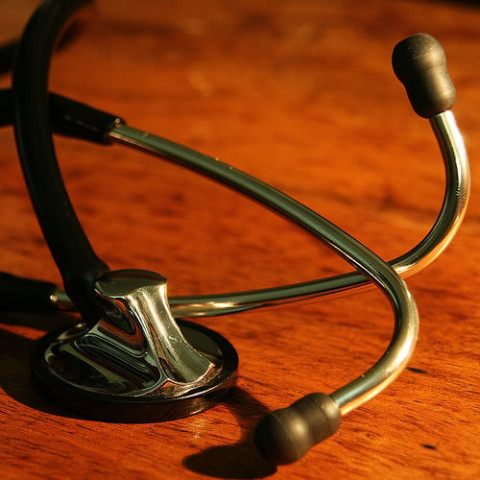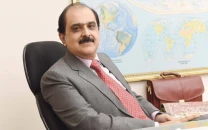Rude awakening: Experts call for revamp of health infrastructure
Karachi heatstroke deaths show that public healthcare services lack ability to deal with disaster

PHOTO: COMPFIGHT.COM
The country’s healthcare system is devoid of any disaster management plan and is short of human resource and space to deal with colossal emergencies, such as the on-going heatwave in Karachi.
Health experts are of the view that the impact of climate change warrants the need to revamp the country’s healthcare infrastructure to tackle disaster-like situations. Moreover, there is also a need to increase the number of healthcare facilities and doctors across the country.

According to Pakistan Economic Survey 2014-15, currently there are only 1,142 hospitals, 5,499 dispensaries, 5,438 basic health units, 671 maternity and child health centres with 17,5223 doctors, 90,276 nurses and 118,041 hospital beds for a population of around 190 million.
Talking to The Express Tribune, Deputy Director General Health, Capital Administration and Development Division (CADD) Dr Minhajus Siraj said that back in 2004, Ministry of Health (MoH) formulated a disaster management plan under the National Crises Management Centre to be implemented across all the tertiary care hospitals to strengthen their capacity to tackle any emergency situation.
However after the devolution of MoH to provinces under the 18th Amendment the plan could not materialise, he said.
He further said that now there is a National Health Emergency Preparedness and Response Network functioning under cabinet division and is linked with the National Disaster Management Authority (MDMA).
However so far it has not played any effective role and it seems that all the plans of disaster management are in documents, he said.
Vice-Chancellor Shaheed Zulfikar Ali Bhutto Medical University (SZABMU) - PIMS Prof Javed Akram said currently Pakistan’s primary and secondary healthcare system is in a shambles due to which tertiary care hospitals are overburdened. “At present all the tertiary care hospitals across the country are overloaded with routine patients and find it too difficult to receive huge number of casualties during emergencies,” he said.
He was of the view that in Karachi many deaths could have been easily prevented if the hospitals had proper capacity to deal with the situation.
Prof Akram said that even in normal days, patients lose their lives in hospitals due to shortage of space or absence of doctors then what to say about disaster situation.
“There is a need to revamp the entire healthcare infrastructure across the country to save as many people as possible who become victim of natural disaster,” he said.
Published in The Express Tribune, June 30th, 2015.



















COMMENTS
Comments are moderated and generally will be posted if they are on-topic and not abusive.
For more information, please see our Comments FAQ